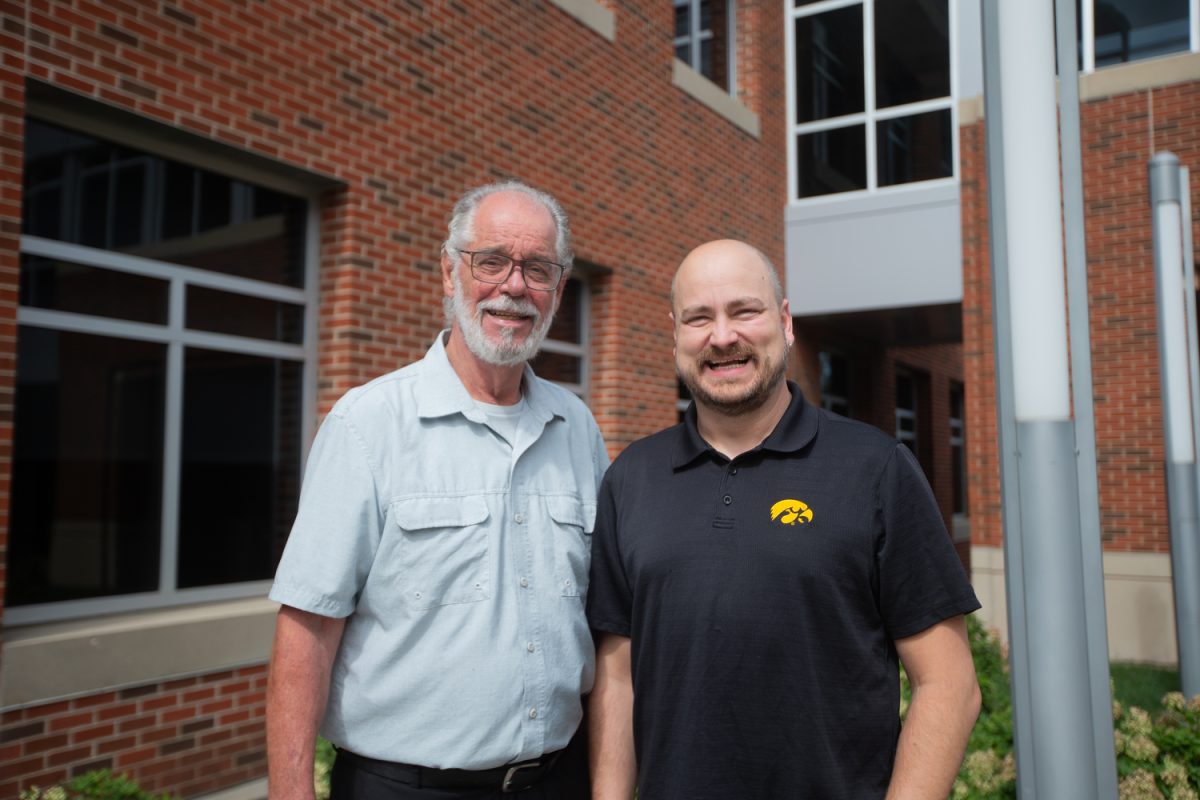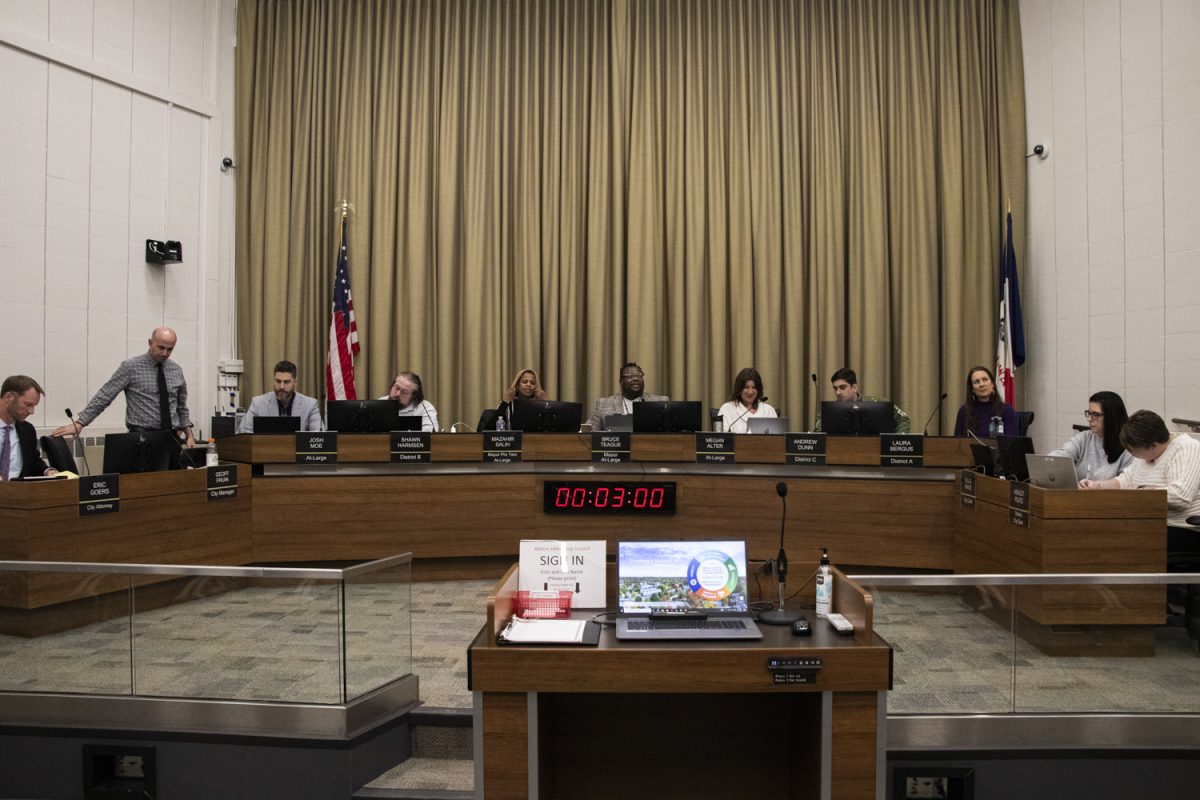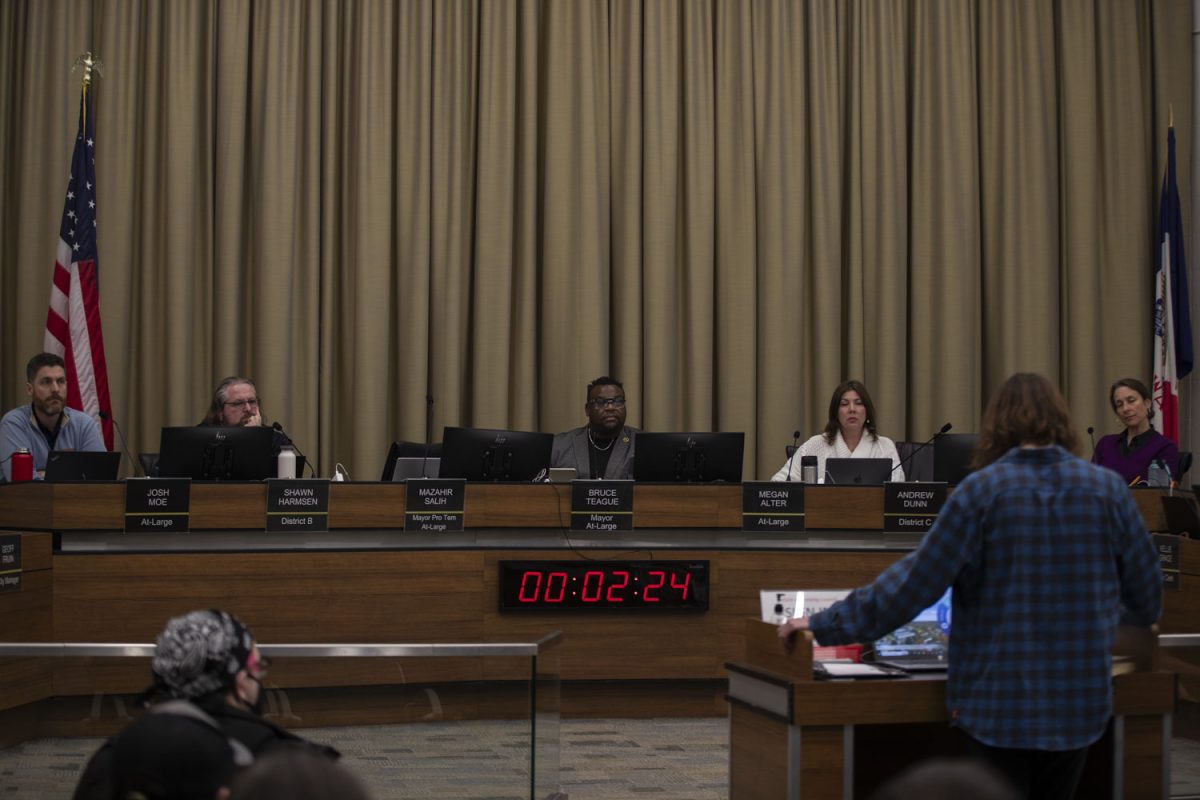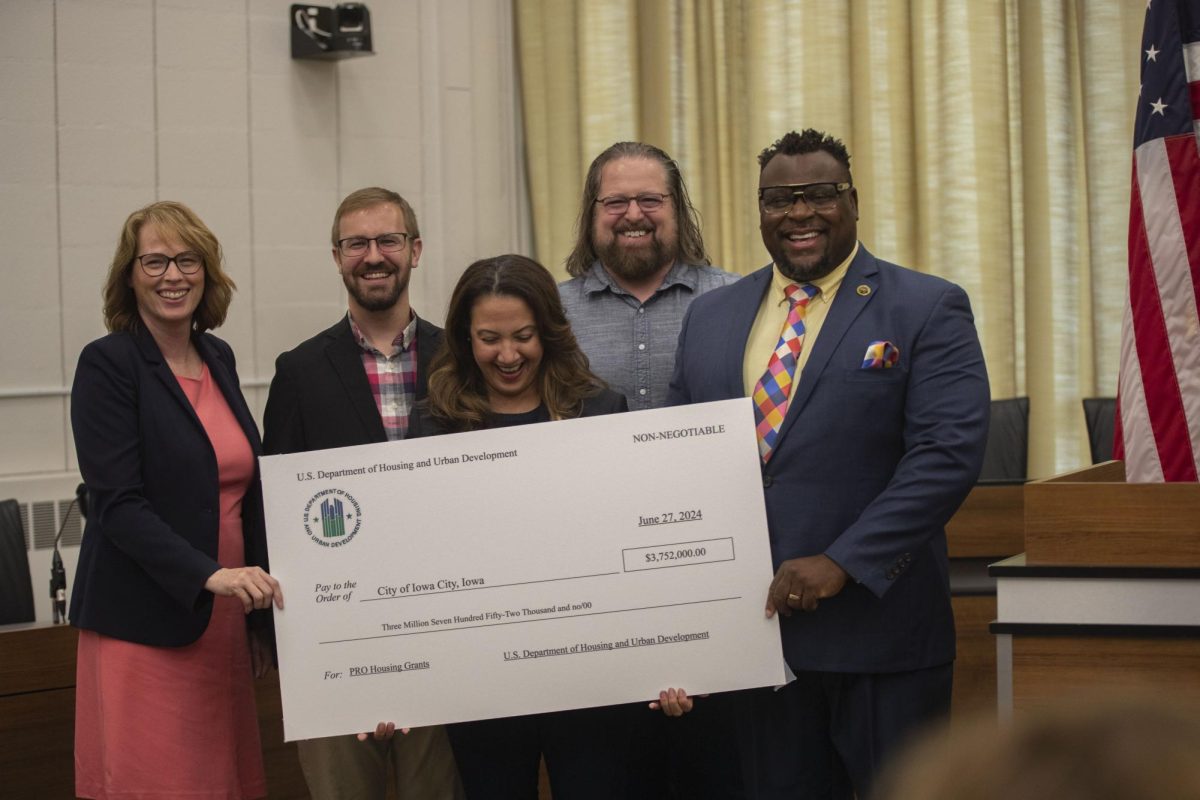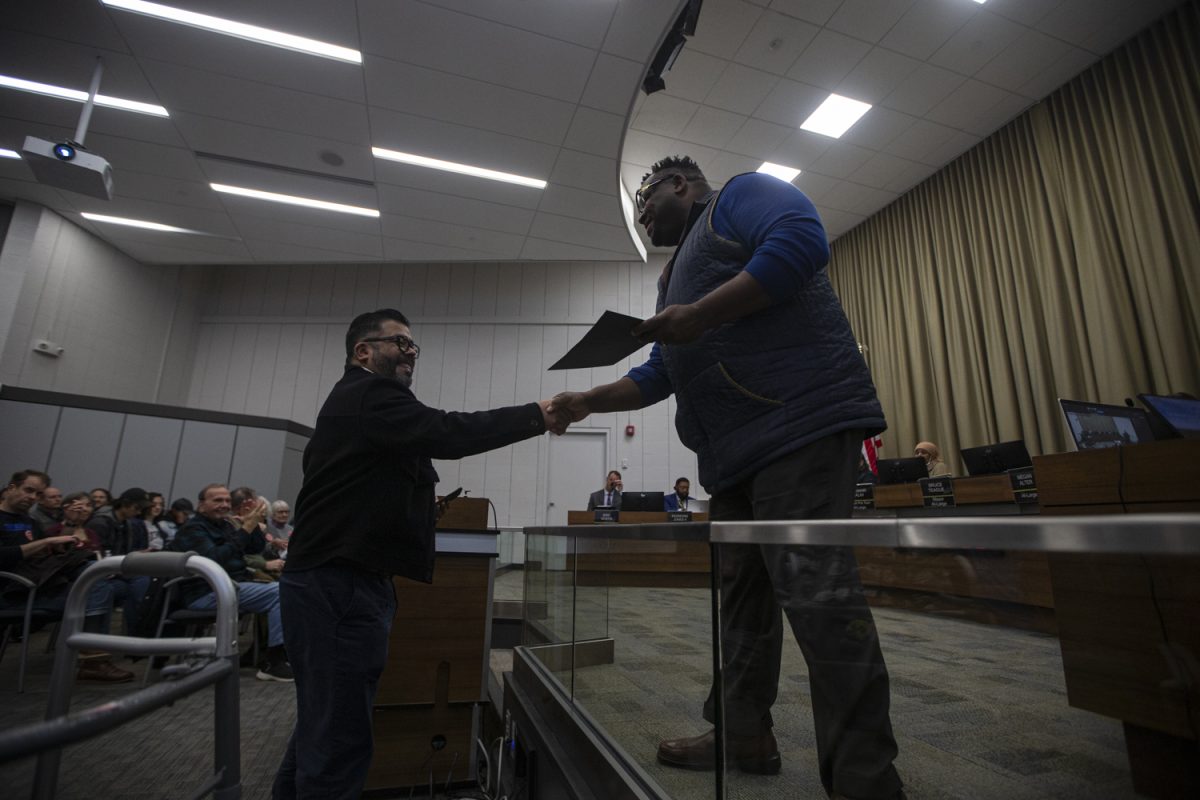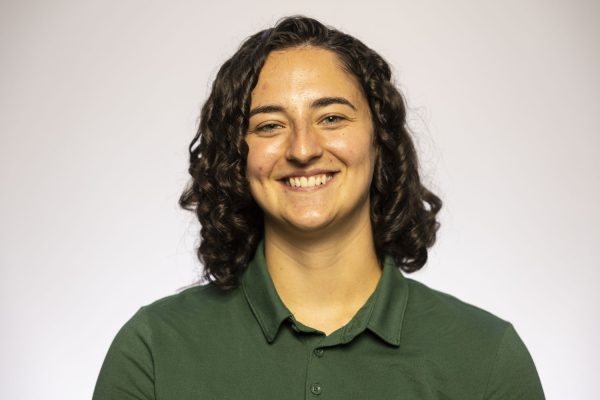In late 1964, the City of Iowa City made history as one of the first towns in Iowa to pass an anti-discrimination ordinance for housing, thanks to the newly established Human Rights Commission.
Now, 60 years after its formation, Iowa City’s Human Rights Commission is looking to continue its education and outreach efforts and improve its collaboration with other commissions and the city council.
According to a release from the City of Iowa City, the first group of seven commissioners to serve on the Human Rights Commission was selected by the city council on Sept. 3, 1963.
The commission’s purpose was to investigate the relationships of people of various races, creeds, colors, and national origins within the city and to make recommendations to the city council about how to eliminate discrimination against these groups.
This prompted the commission’s selection of the first issue they decided to tackle, which was housing discrimination.
This led to the eventual passage of a fair housing ordinance in the city in August 1964. Iowa City was the second city in Iowa to pass such an ordinance, following Des Moines in June 1964. In 1965, the state passed a similar law, and in mid-1968, the nation followed suit with the federal Fair Housing Act.
The commission now serves a similar function as it did in the past and focuses on educating the public, as well as city staff about topics of discrimination, prejudice, and equity. The current commission is made up of eight volunteers in the community who are appointed by the city council.
The commission’s website states that in addition to creating public educational opportunities, it also can make legislative recommendations to city council and plan programs or activities that aim to eliminate tensions among various groups.
Commissioner Mark Pries said a recent accomplishment the commission has done is the implementation of an Indigenous land acknowledgment statement, which is read at the beginning of each of its meetings.
While just a statement does not undo years of unjust treatment against indigenous communities, Pries said, this statement shows that Iowa City is committed to addressing the injustices this community has faced and working towards equity, restoration, and reparations.
Another thing the Human Rights Commission has done in the past and continues to do today is award racial equity and social justice grants to various organizations in the community, Pries said. These grants are actually how the land acknowledgement statement came to be, Pries said.
“I think these racial justice [and] social equity grants have made a big difference and has given a lot of visibility to the town,” Pries said. “A year or two ago, commissioners worked with the Great Plains Action Society to put together a land acknowledgement.”
The commission is given $100,000 each year to be distributed through these grants, he said. These grants aim to help local organizations address and try to eliminate or lessen issues of inequity, the city website states.
Another thing the commission does is award community members with Human Rights Awards as a way to recognize their achievements regarding diversity, equity, and inclusion in the city, said Commissioner Doug Kollasch. These awards are given out in the fall, and youth Human Rights Awards are given out in the spring, he said.
RELATED: IC Truth and Reconciliation Commission receives funding, timeline extension
Looking forward, Kollasch said the commission is working to increase its collaboration and communication with the organizations it gives racial justice and social equity grants to. The commission is also looking to build a stronger relationship with other commissions as well as city council, he said.
“We’re looking at establishing more of a closer relationship with city council as well, so that some of the things that we’re doing to educate and outreach can turn into maybe a little bit more tangible action in the city as well where needed,” Kollasch said.
Iowa City City Councilor Shawn Harmsen said the work the Human Rights Commission does is important because it focuses on the specific issues in the city related to human rights and helps inform the council about these issues.
“We couldn’t do what we do if they didn’t do what they do,” Harmsen said. “We’re pretty lucky to have a community of people that are willing to do stuff for free [and] to donate their skills and their time.”





